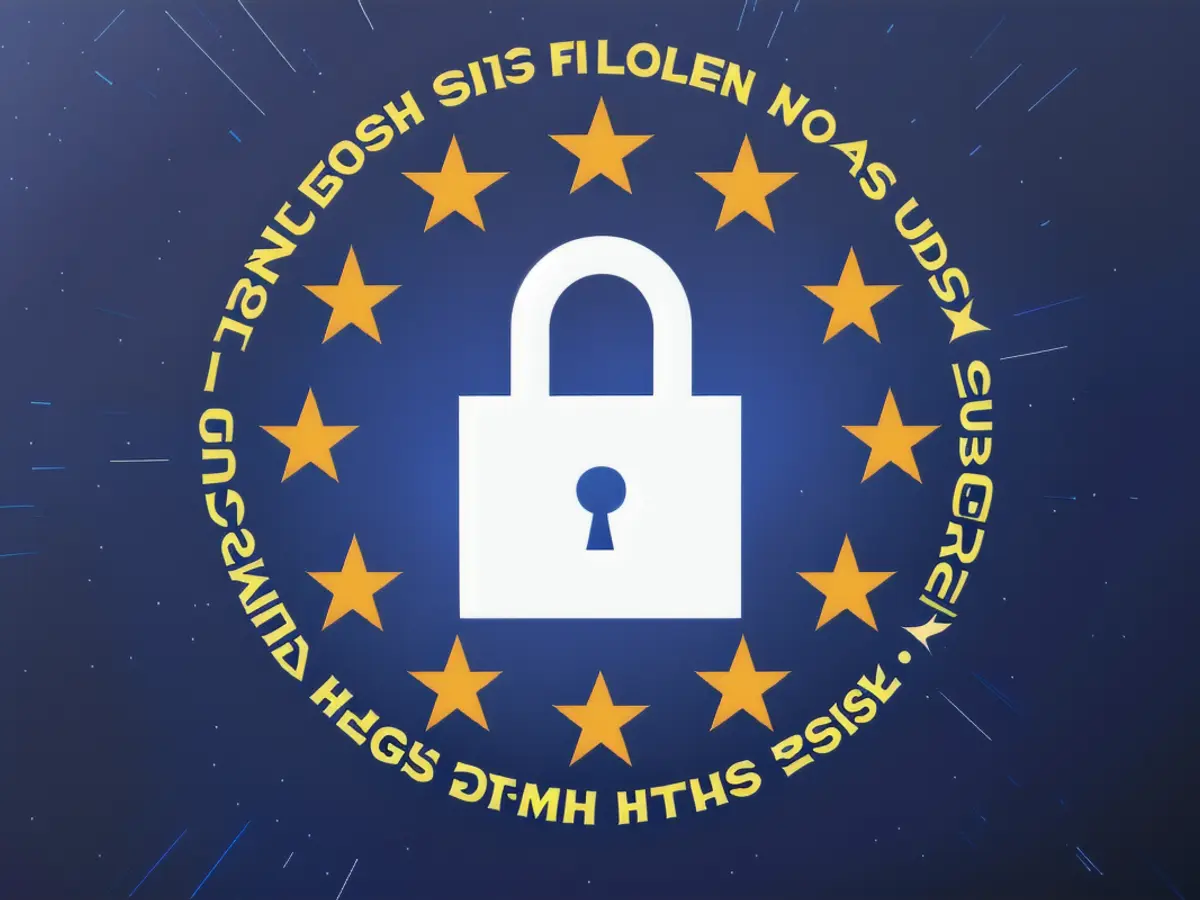Title: EU Faces Fine for Violating Its Own Data Privacy Regulations
The European Union, an organization known for its strict privacy regulations, has found itself in hot water. For the first time, the EU has been slapped with a fine for violating its own privacy rules established by the General Data Protection Regulation (GDPR), following a ruling by the EU General Court. This violation occurred when the EU transferred user data, including device, browser, and IP address information, without proper safeguards during the registration process for a conference through a European Commission webpage. The uncensored transfer of data ultimately landed on servers operated by Facebook's parent company Meta Platforms in the United States, breaking GDPR rules, and the EU was ordered to pay a fine of €400 directly to the affected individual.
This incident marks a significant blow for the EU, as GDPR has been a challenge for tech companies since its implementation in 2018. The set of data privacy rules aims to regulate the amount of personal data that companies can collect from users and provides individuals with more control over their information's access and use. The regulations have led to several high-profile fines for major tech companies, particularly Meta, which has faced significant financial penalties for failing to protect users' data and violating privacy regulations.
Last year, Meta received a €1.3 billion fine for insufficiently protecting European users' data while transferring it to US servers, a common practice in the tech industry. Preceding this, Meta was fined €417 million for violating the privacy of underage users on Instagram and €232 million for failing to transparently disclose how it processes WhatsApp data. While Meta isn't the only tech giant facing these fines (Amazon has received an €887 million penalty under GDPR rules as well), the latest violation involving a Facebook login option adds an amusing twist to the situation.
The implementation of GDPR has been a mixed bag, drawing widespread attention for its fines against Silicon Valley giants while also facing criticism for slow enforcement. Enforcement can take a considerable amount of time, with the EU taking over two years to process its first self-imposed fine for violating one person's privacy. Furthermore, more than three-quarters of data protection authorities have complained about a lack of budget and personnel to identify violations. The byzantine list of laws hasn't seem to effectively curb invasive practices, indicating that the EU has some work to do to strengthen its enforcement of privacy regulations.
[1] Ireland's Data Protection Commission (DPC) imposes €505 million fine on Meta Platforms Inc. (Facebook) for violations of EU data protection law, available at: https://www.dataprotection.ie/docs/Meta-Platforms-fine-PR/2124.html[4] Facebook hit with €251 million GDPR fine over data breach that exposed 29 million users, available at: https://www.techhive.com/news/3588812/facebook-hit-with-251-million-gdpr-fine-over-data-breach-that-exposed-29-million-users/
In light of the concerning data transfer incident, the EU needs to strengthen its tech infrastructure to ensure compliance with GDPR rules in the future. The fine imposed on Meta Platforms for its past violations serves as a warning to tech companies about the consequences of failing to protect user data and respect privacy regulations.








